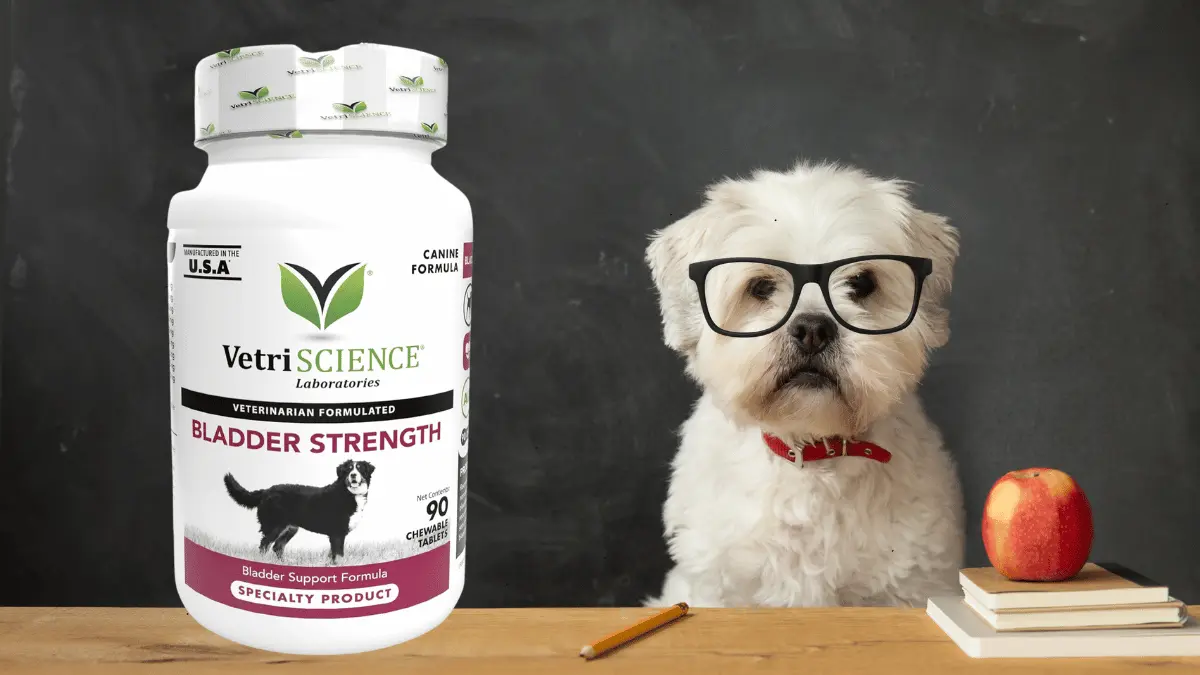Poor Oral Hygiene: A Gateway to Digestive Woes
Pets, just like humans, require regular dental care to maintain their overall health. It’s a common misconception that oral hygiene is solely about preventing bad breath. In reality, poor oral hygiene can have far-reaching consequences, particularly on a pet’s digestive system. This blog post will delve into the connection between oral health and digestive health in animals, shedding light on the potential repercussions of neglecting dental care.
The Oral-Digestive Connection
The oral cavity serves as the starting point for the digestive process. When a pet’s teeth and gums are unhealthy, it can disrupt the normal breakdown of food. Here’s how:
- Bacteria Buildup: Plaque and tartar buildup can create a breeding ground for harmful bacteria. These bacteria can produce toxins that enter the bloodstream, potentially affecting the entire digestive tract.
- Difficulty Chewing: Painful teeth or gums can make it difficult for pets to chew their food properly. This can lead to swallowing large chunks of food, which can irritate the digestive system and cause digestive upset.
- Reduced Appetite: Chronic oral discomfort can decrease a pet’s appetite, leading to malnutrition and other health problems.
Digestive Issues Linked to Poor Oral Hygiene
Several digestive problems can be associated with poor oral hygiene in pets, including:
- Gastrointestinal Upset: Symptoms such as vomiting, diarrhea, and abdominal pain can be indicative of digestive issues related to dental problems.
- Chronic Diarrhea: Persistent diarrhea can be a sign of underlying dental issues, especially if it’s accompanied by other symptoms like weight loss or decreased appetite.
- Malabsorption: Poor oral hygiene can interfere with the proper absorption of nutrients from food, leading to malnutrition and other health problems.
Tips for Maintaining Optimal Oral Health
To prevent digestive issues and maintain a healthy digestive system, it’s essential to prioritize your pet’s oral health. Here are some tips:
- Regular Dental Checkups: Schedule regular veterinary examinations to assess your pet’s oral health and identify any potential problems early on.
- Daily Brushing: Brushing your pet’s teeth daily can help remove plaque and prevent tartar buildup. Use a pet-safe toothpaste and a soft-bristled toothbrush.
- Dental Chews and Toys: Provide your pet with dental chews and toys that can help scrub away plaque and freshen breath.
- Professional Cleanings: If your pet has significant plaque or tartar buildup, professional dental cleanings may be necessary.
Poor oral hygiene can have a significant impact on a pet’s digestive health. By taking proactive steps to maintain your pet’s oral health, you can help prevent digestive problems and ensure their overall well-being. Remember, a healthy mouth leads to a healthy body.
Keywords: poor oral hygiene, pet digestive health, dental problems, gastrointestinal upset, diarrhea, malabsorption, pet dental care, dental checkups, dental brushing, dental chews, professional dental cleanings














